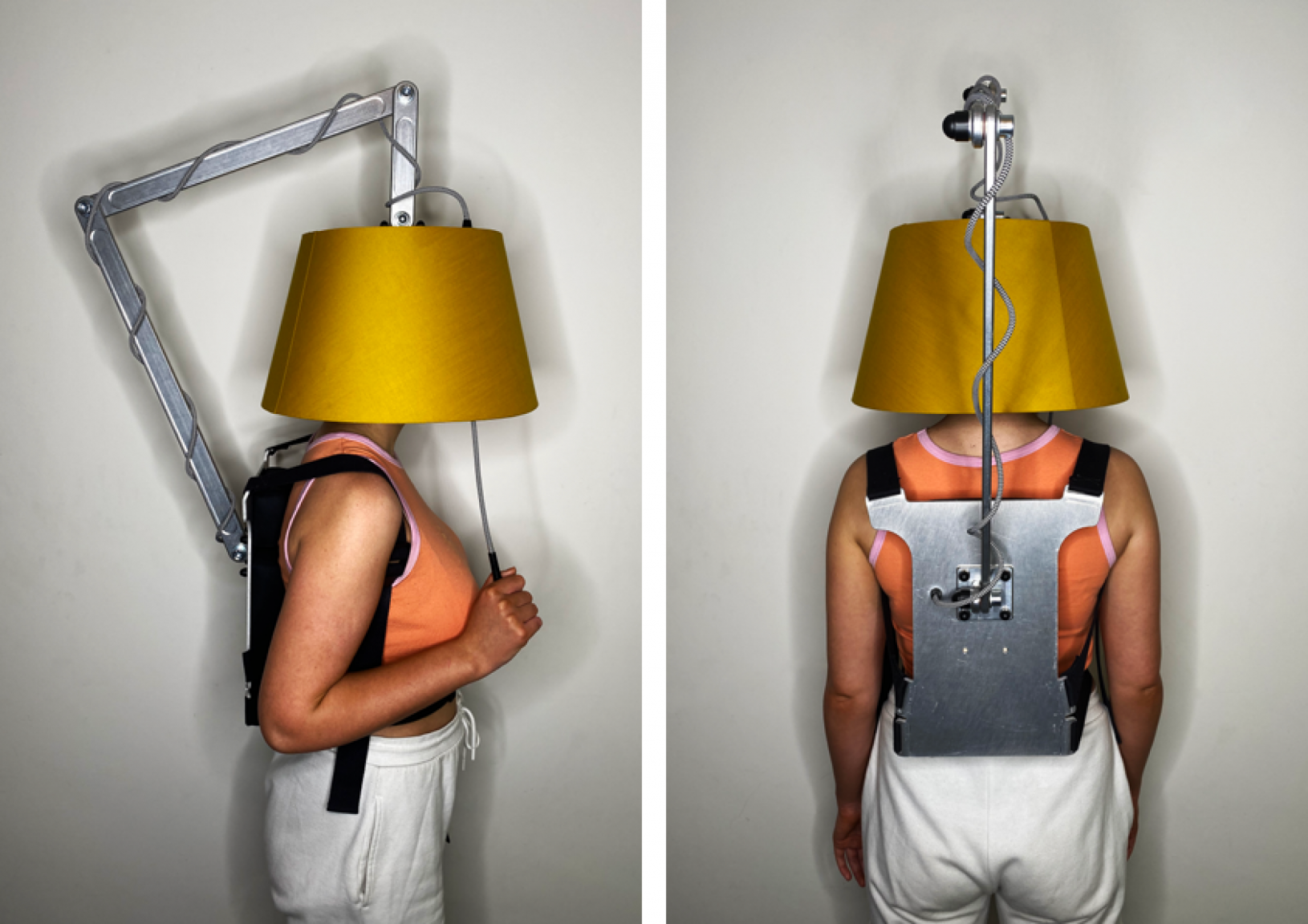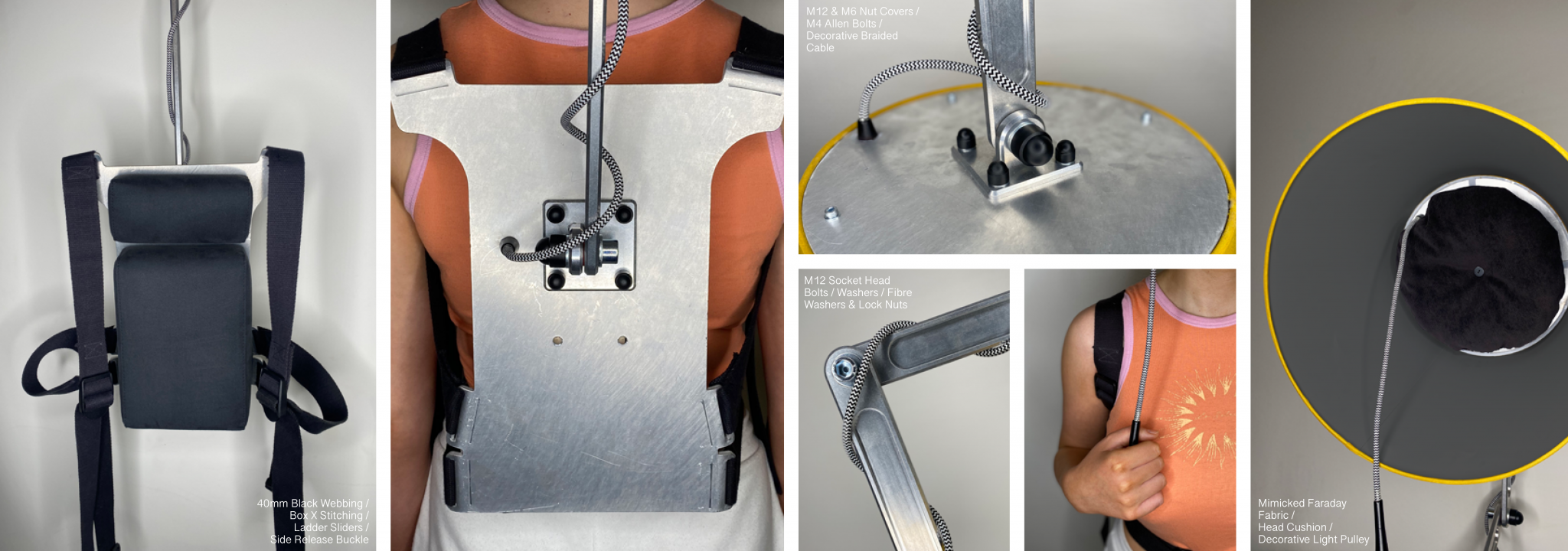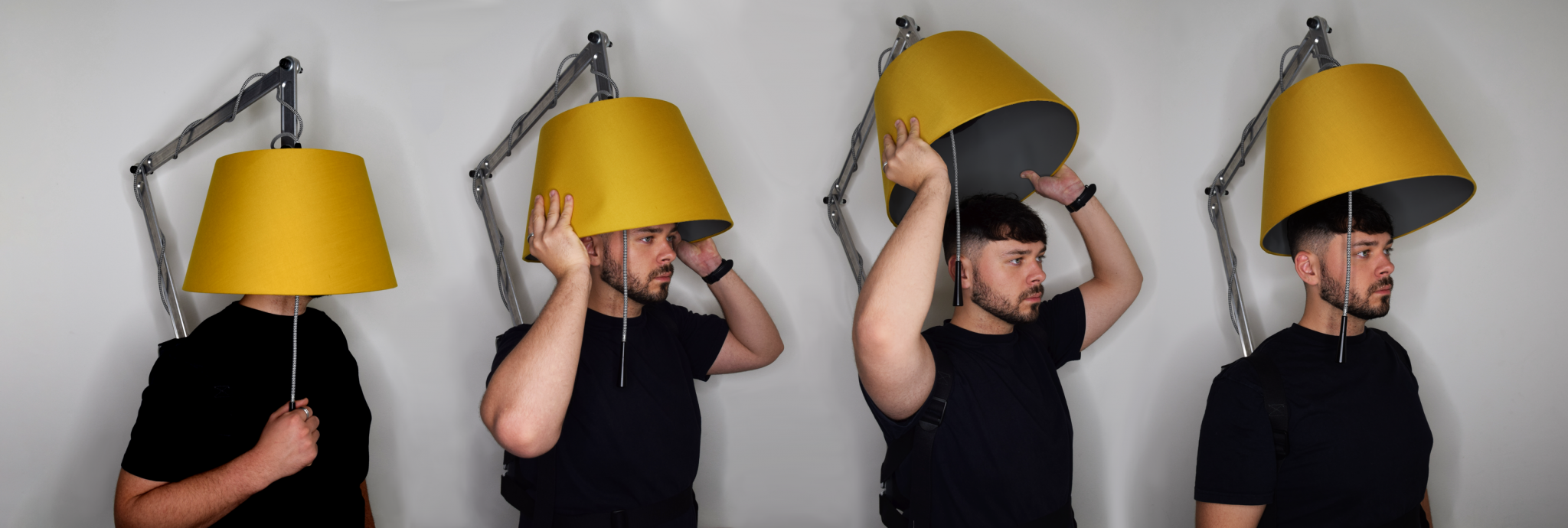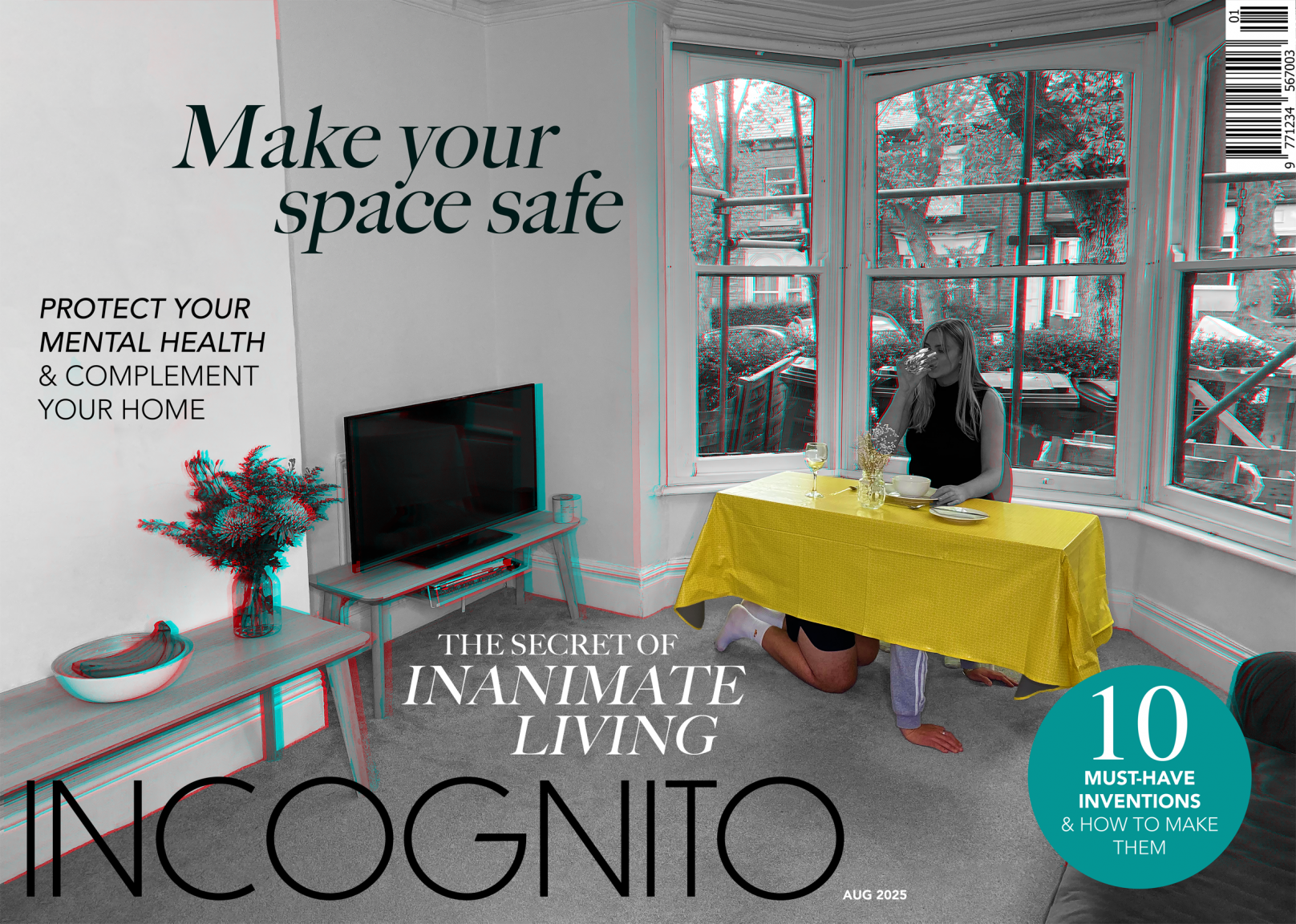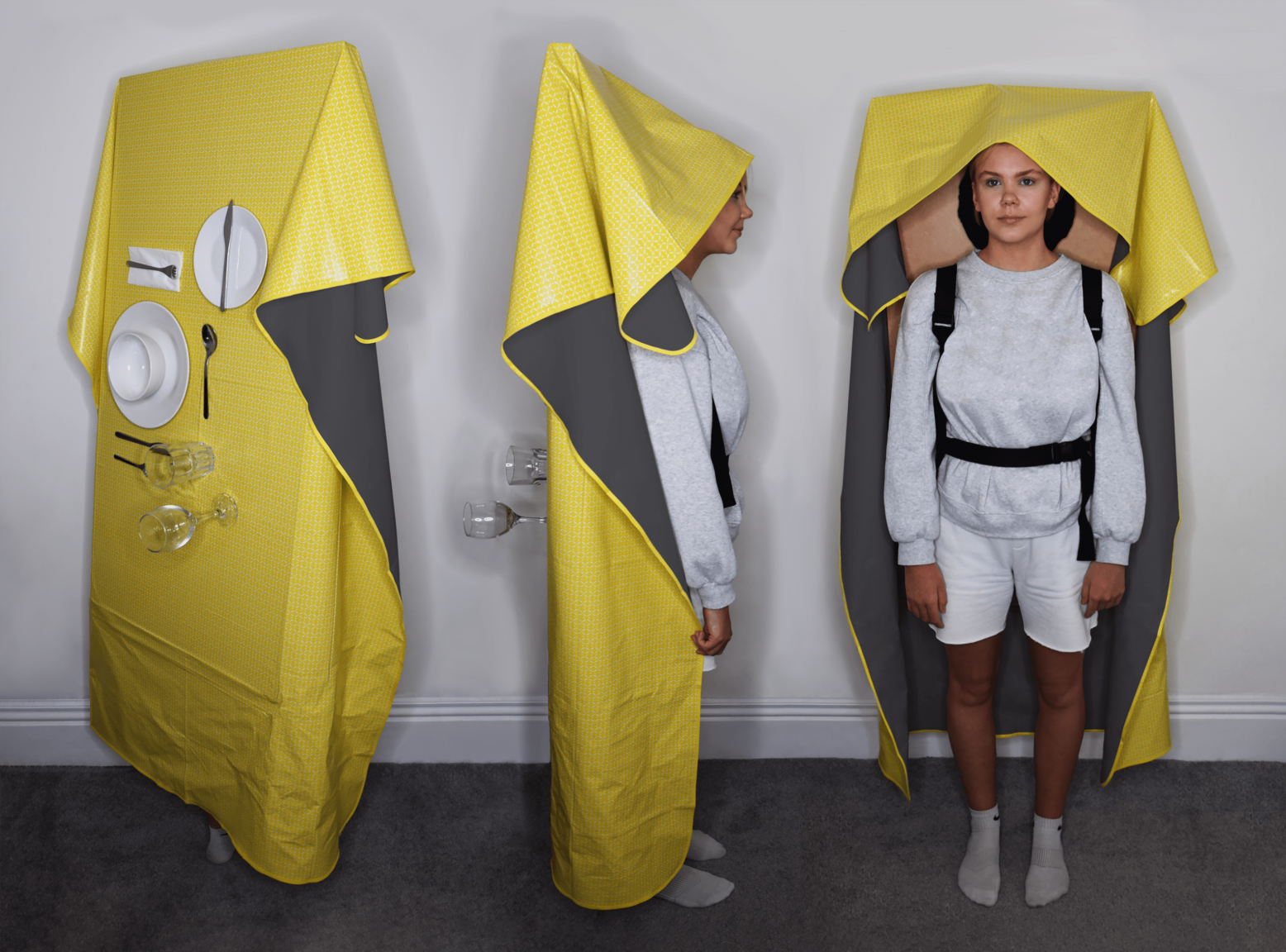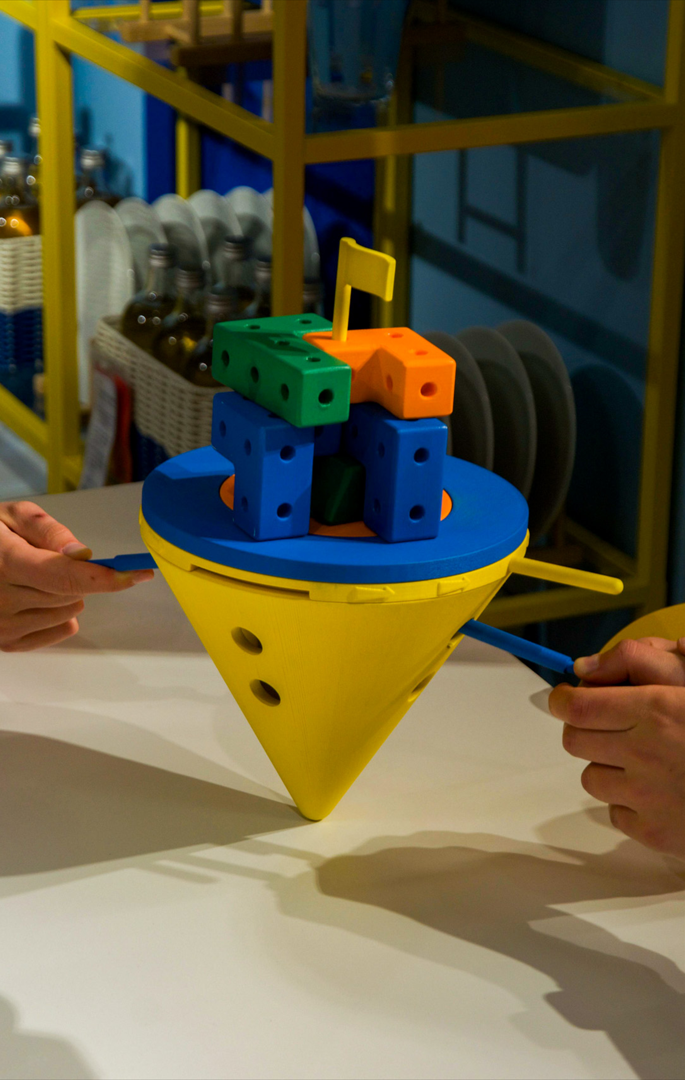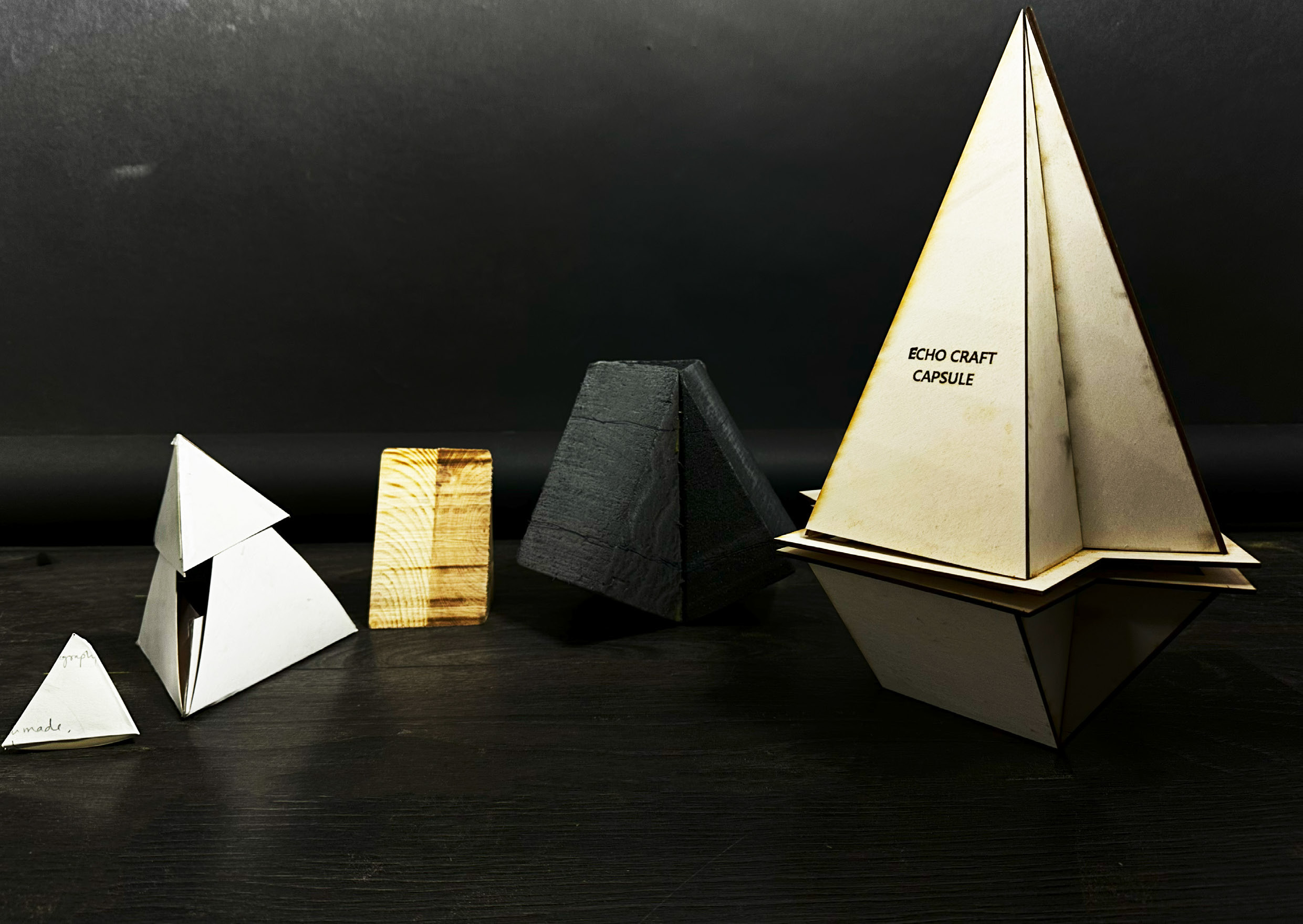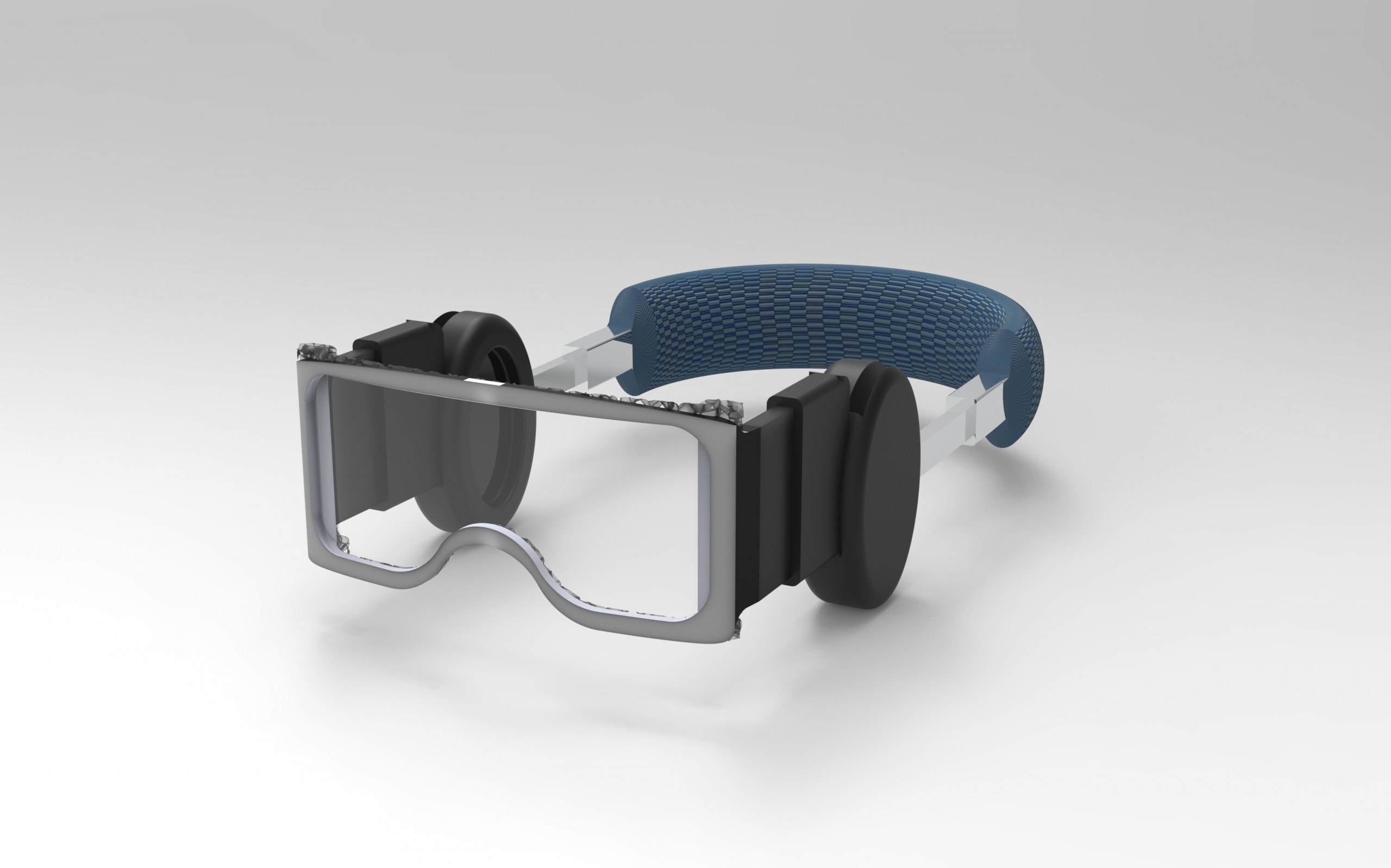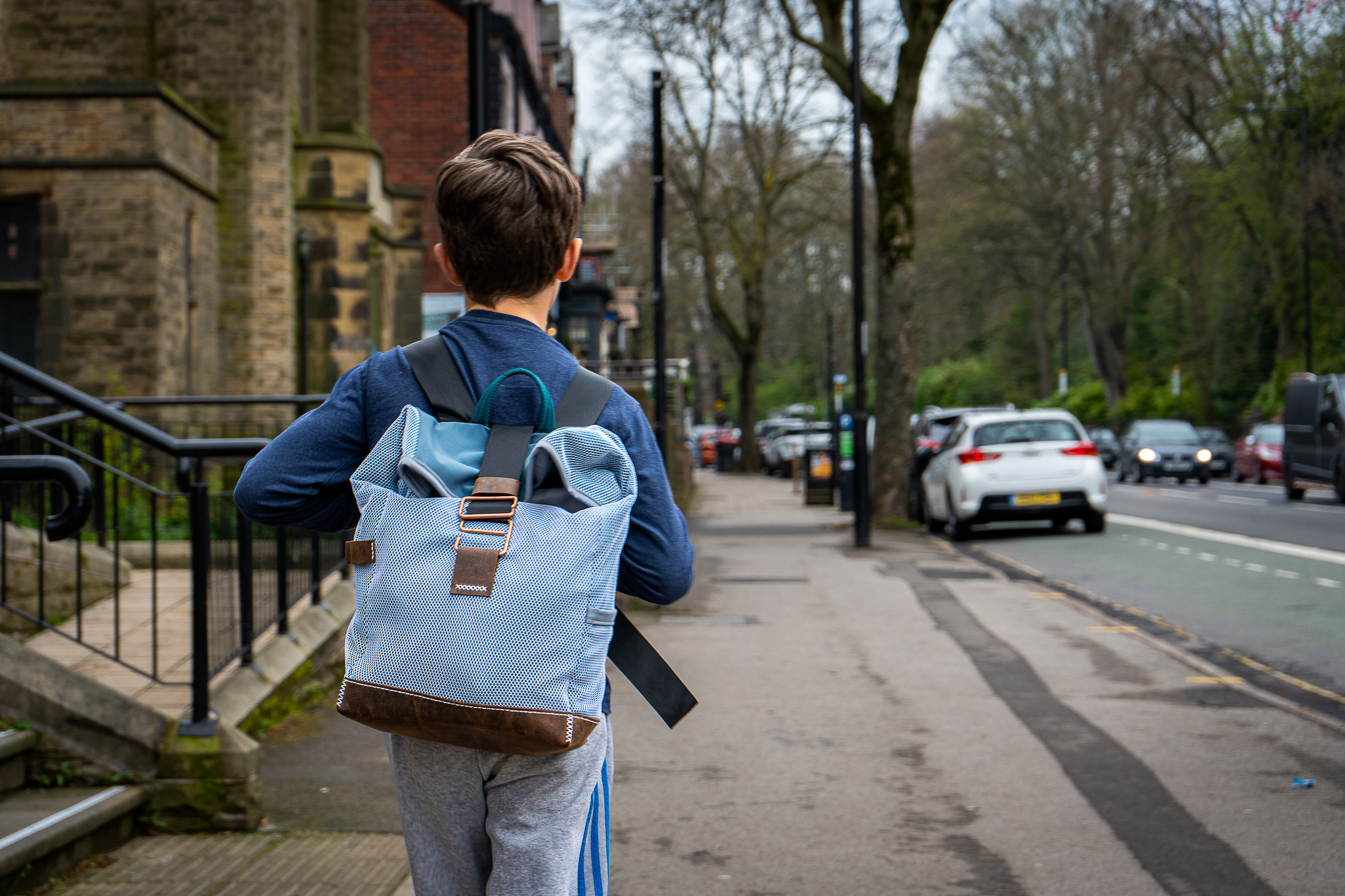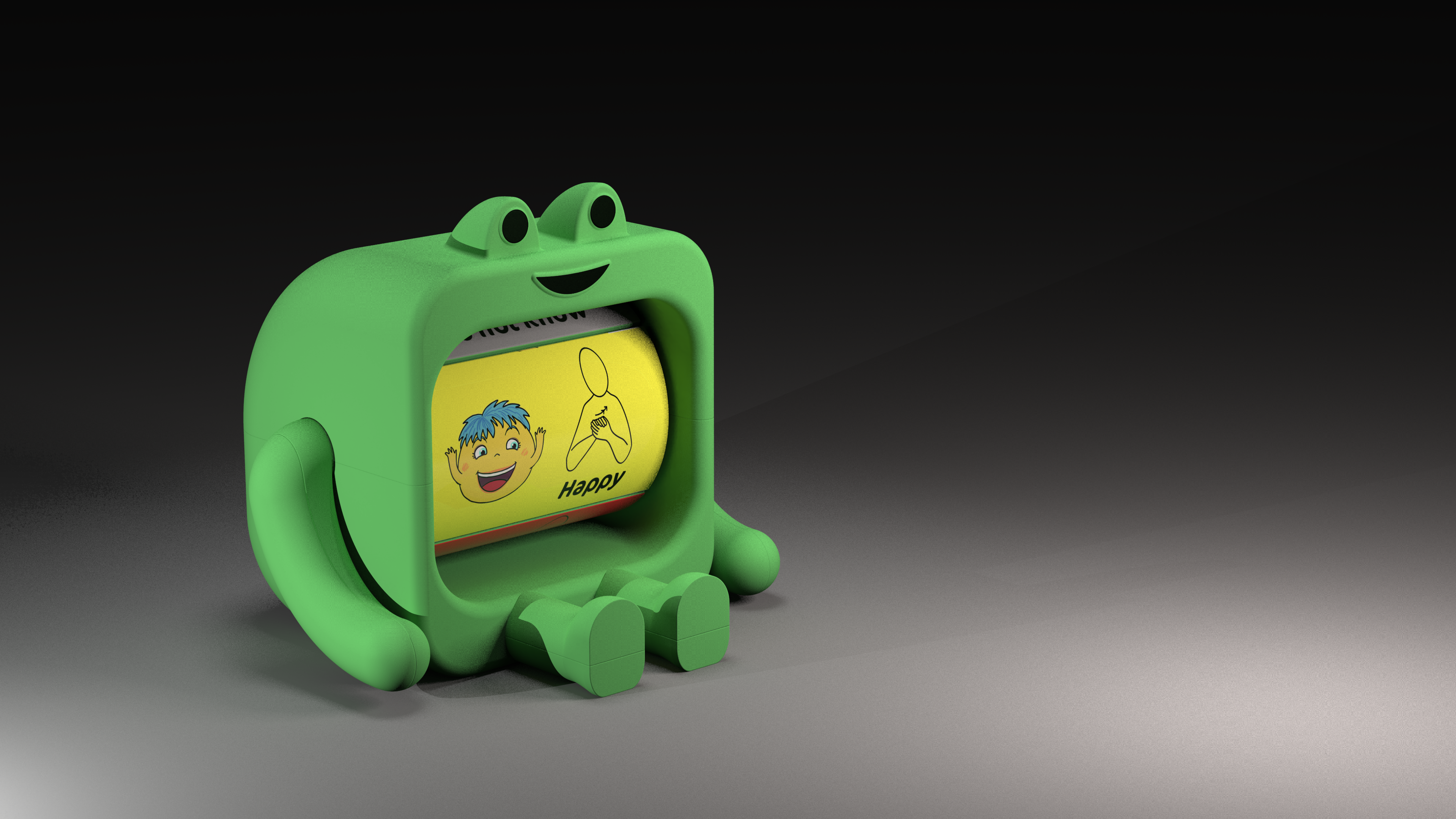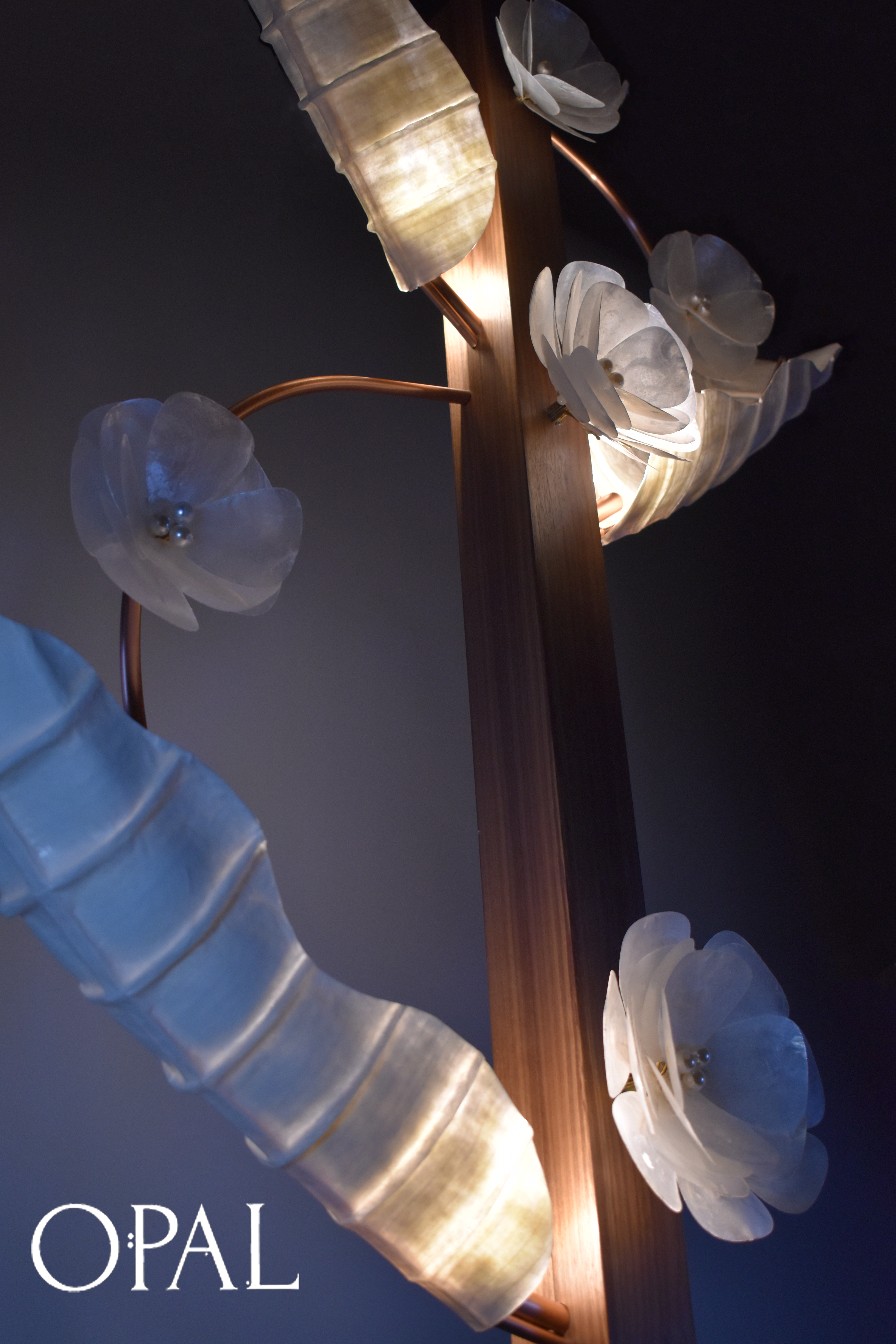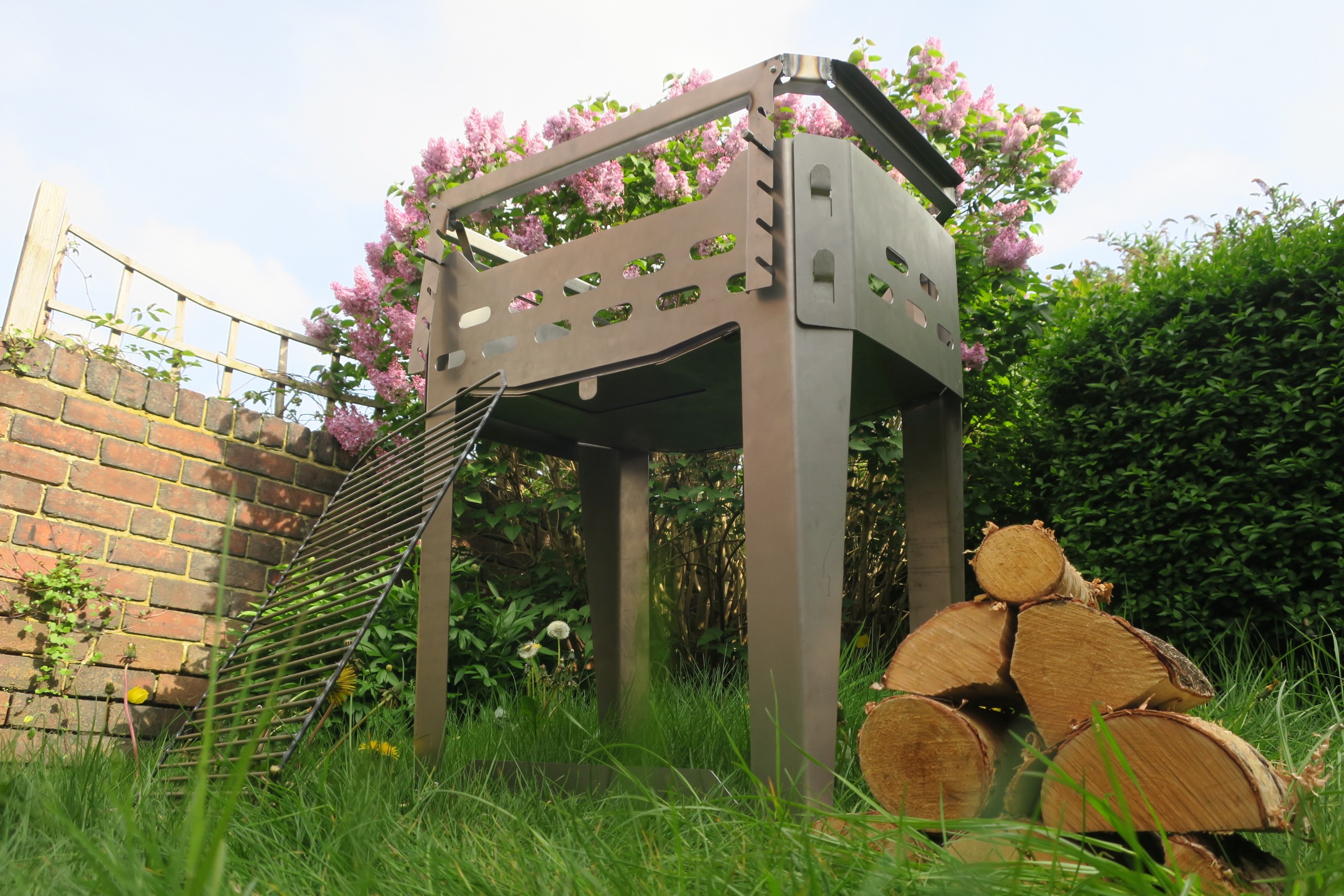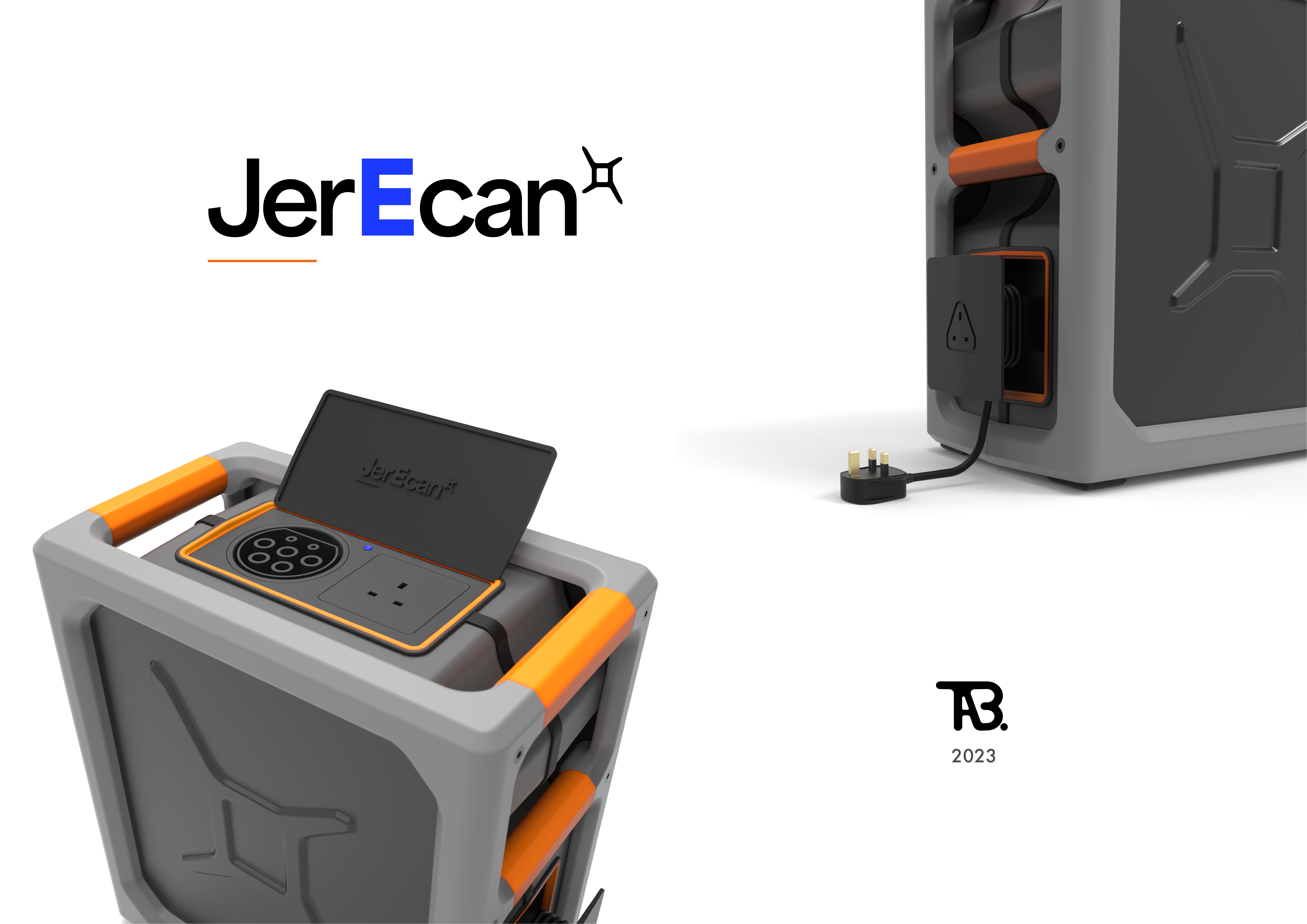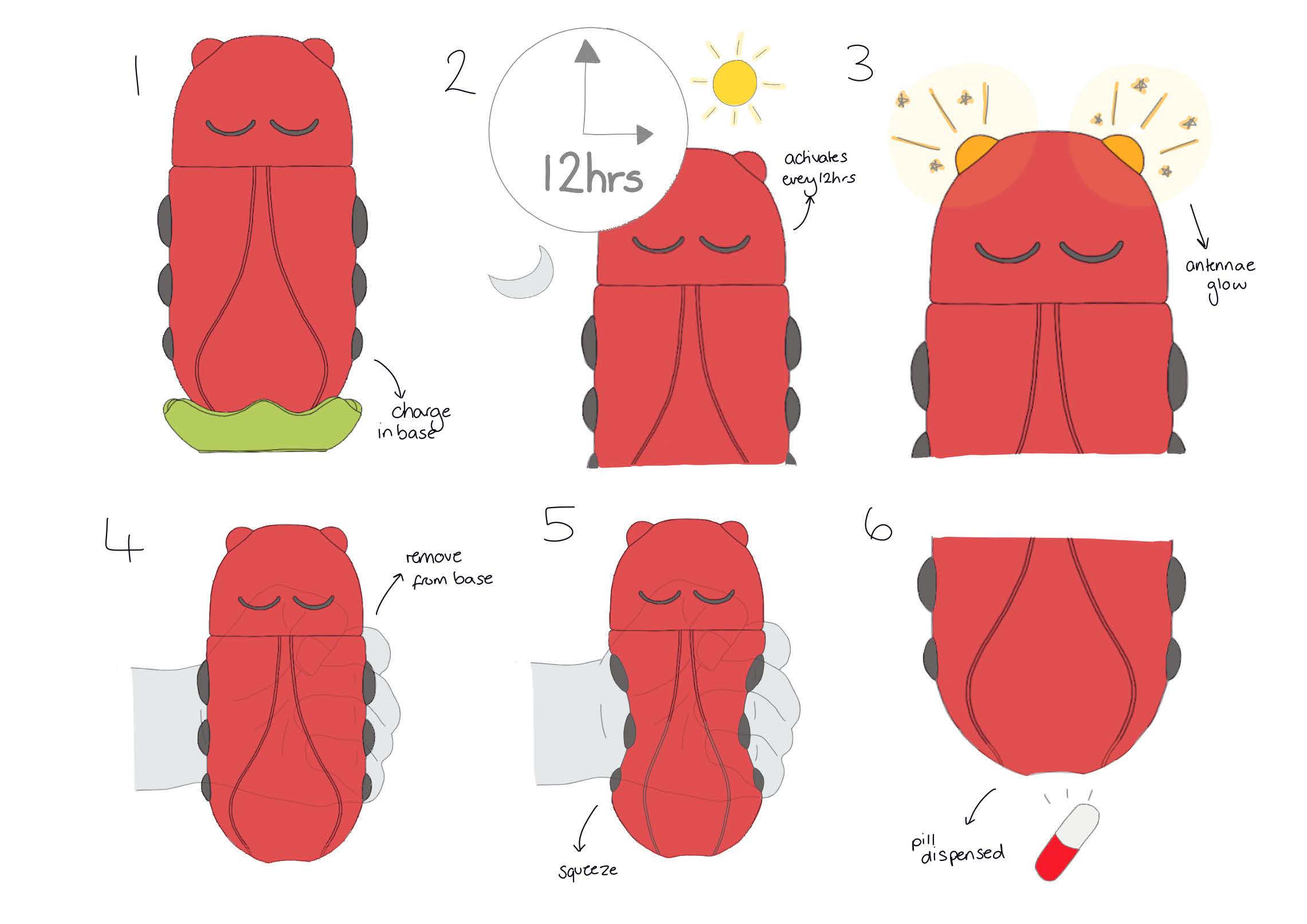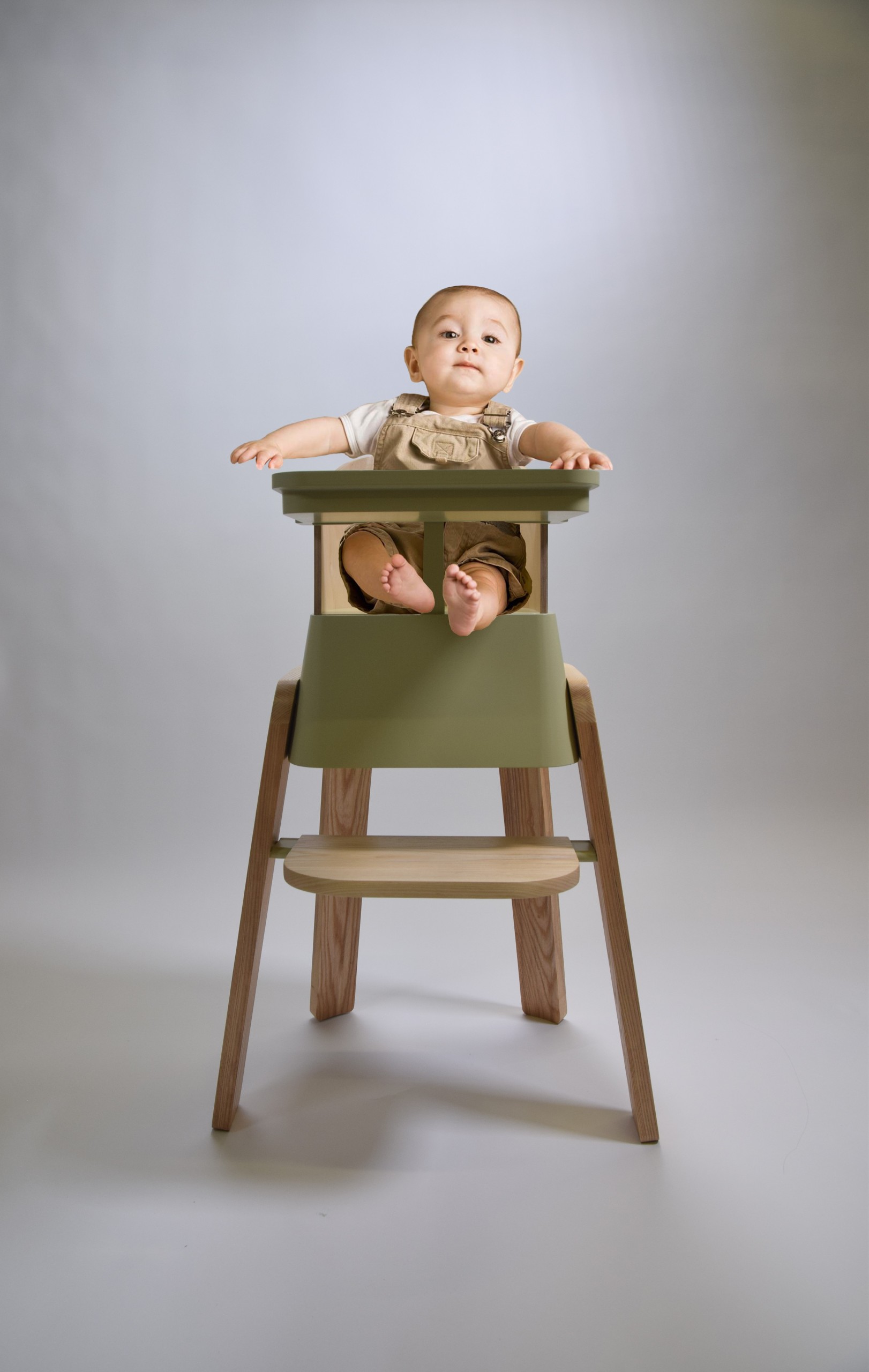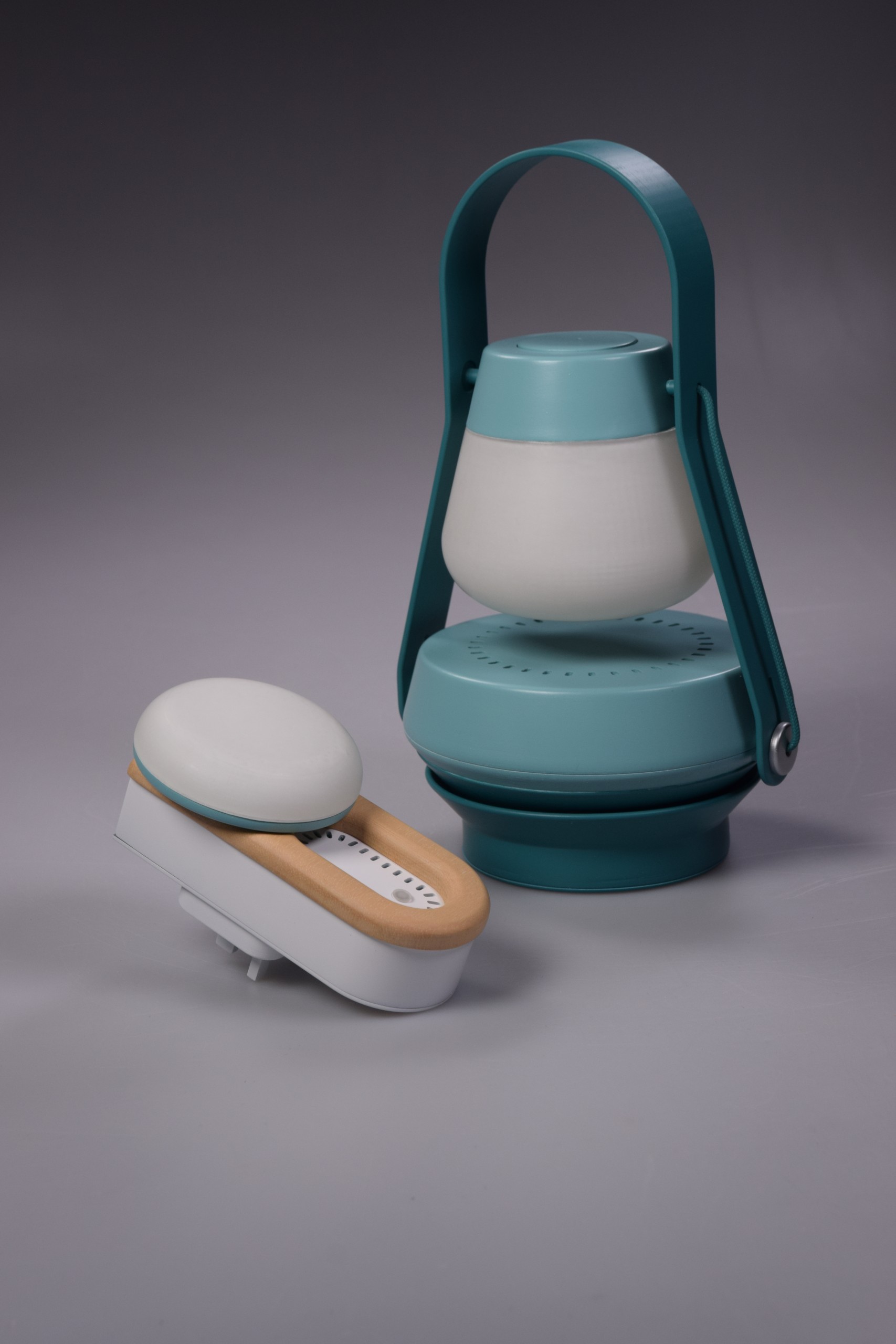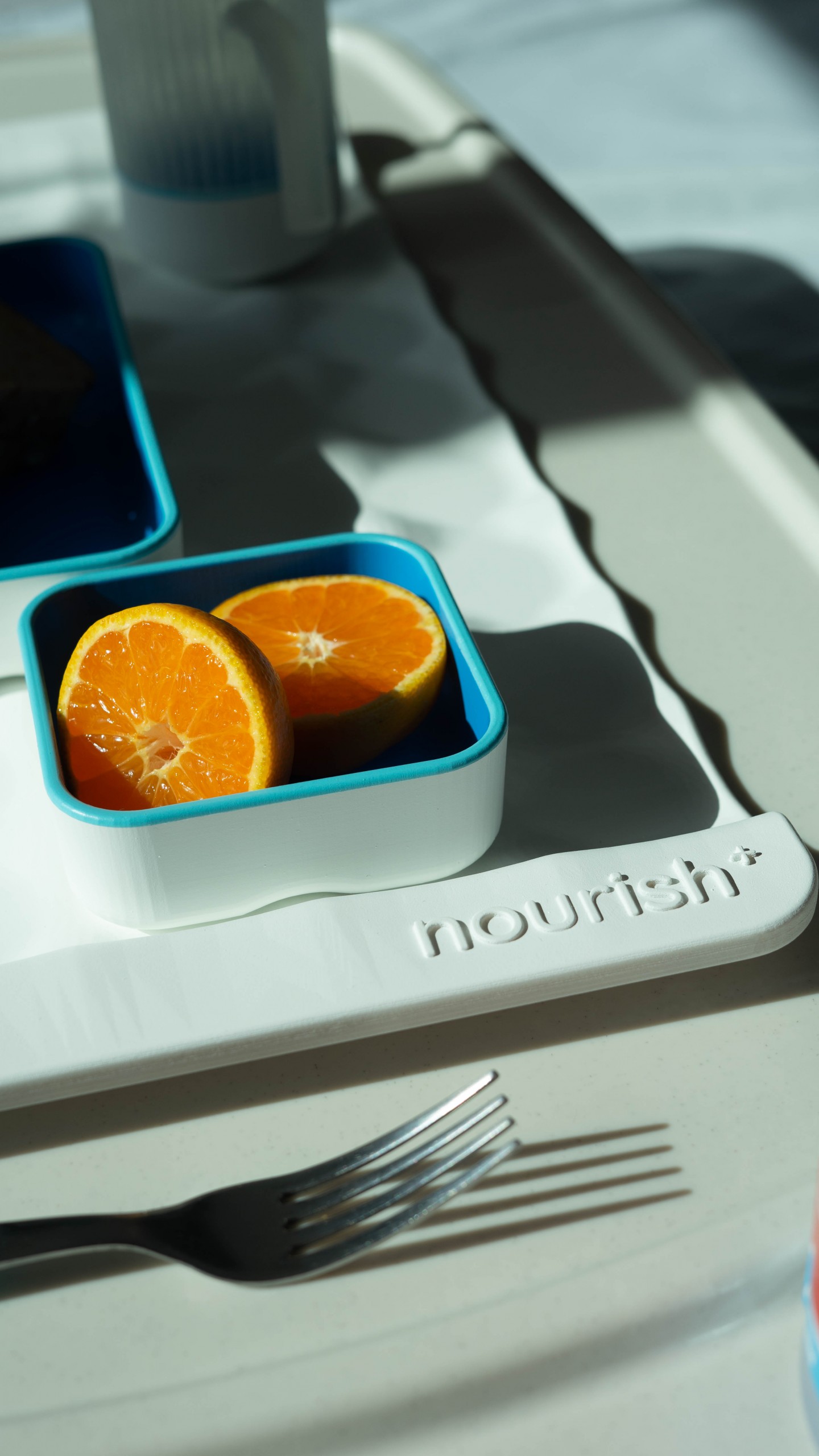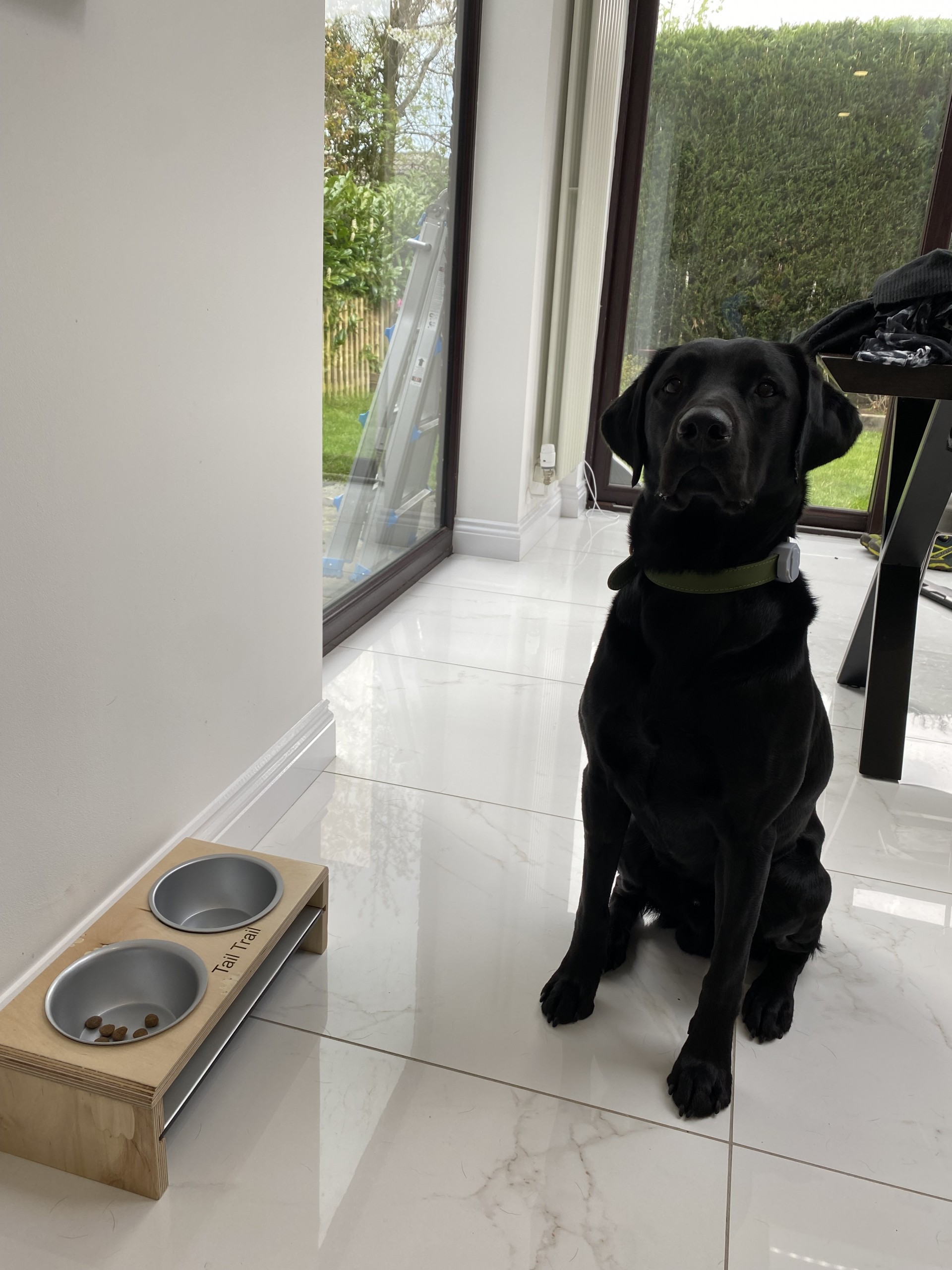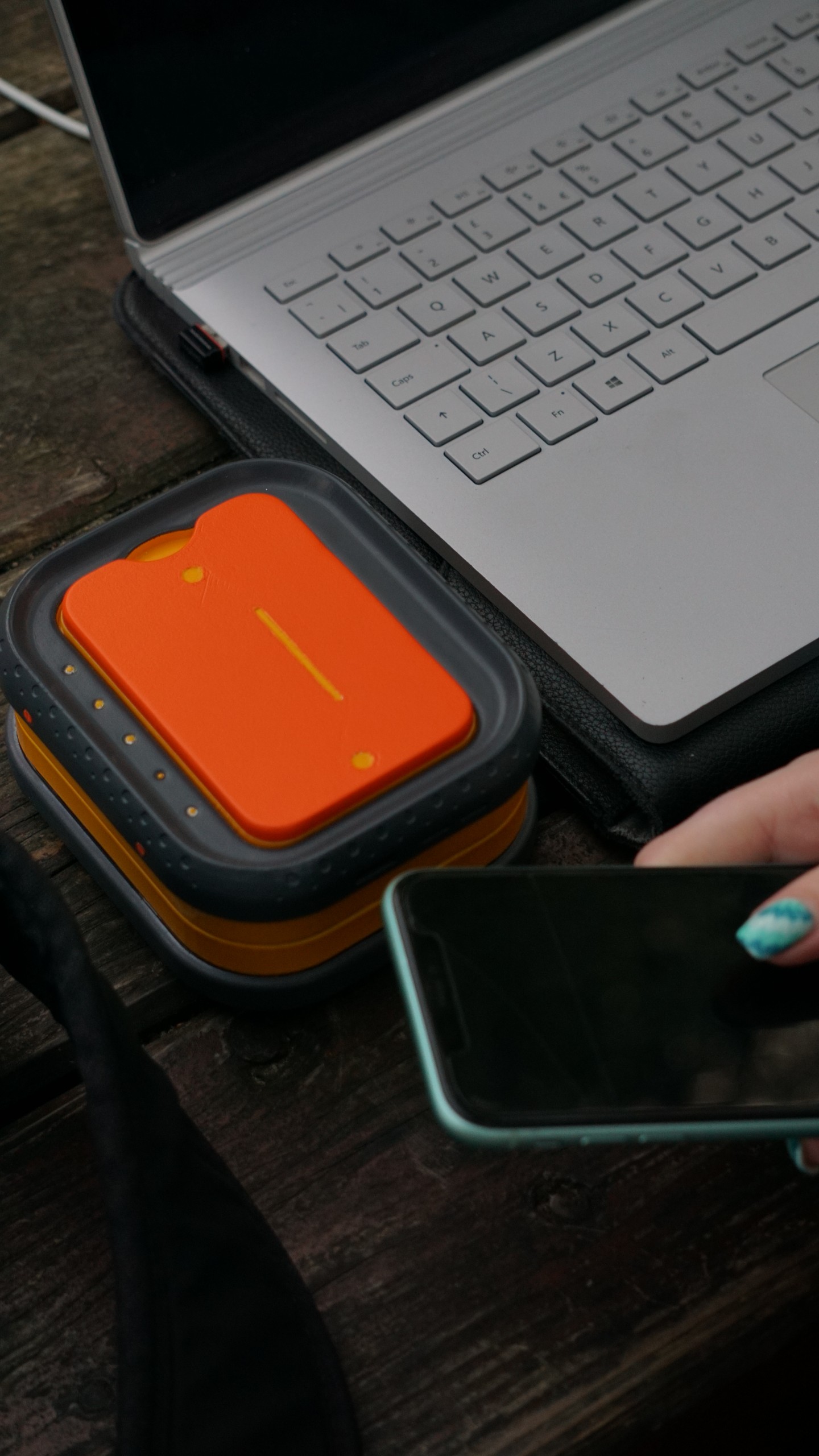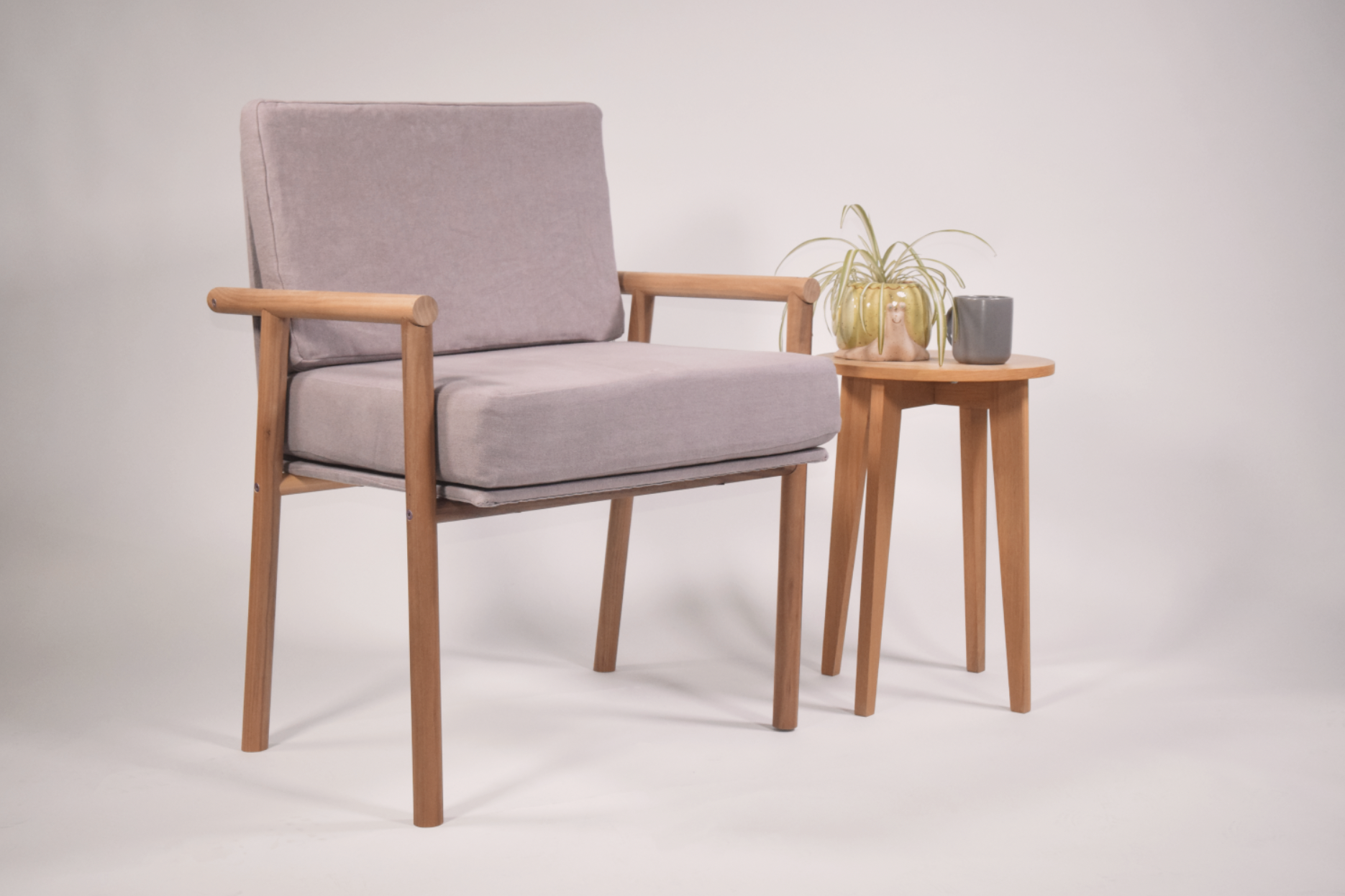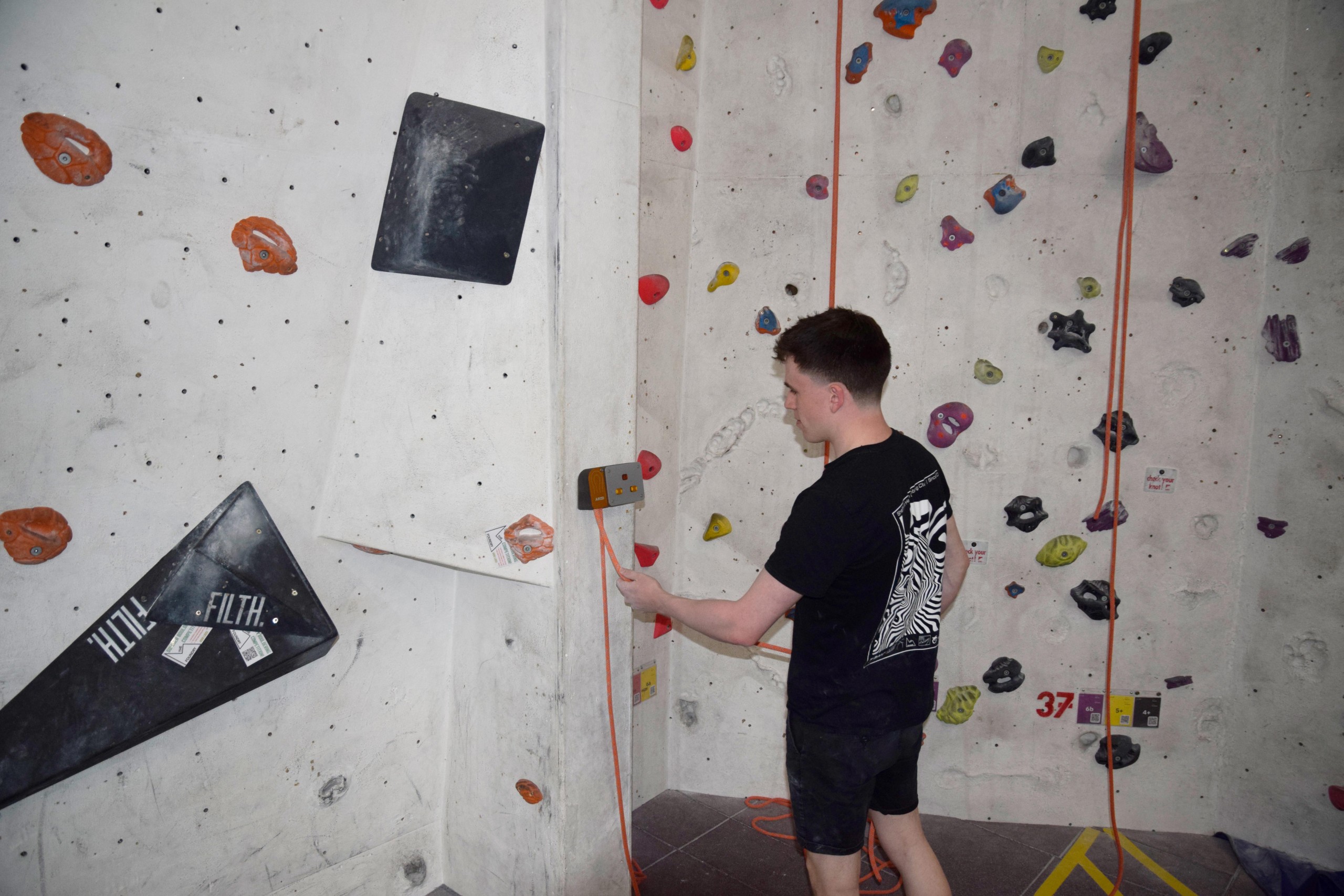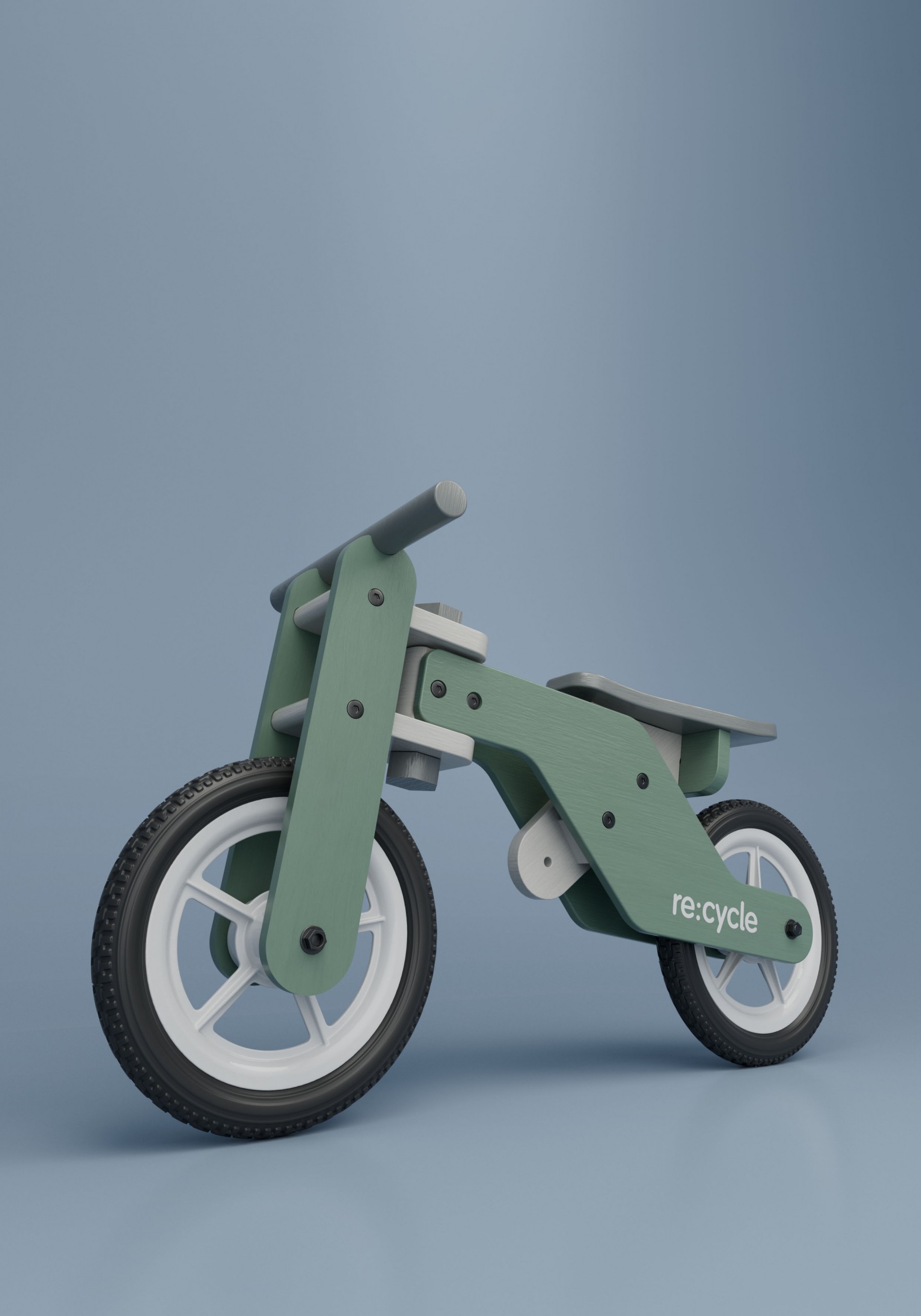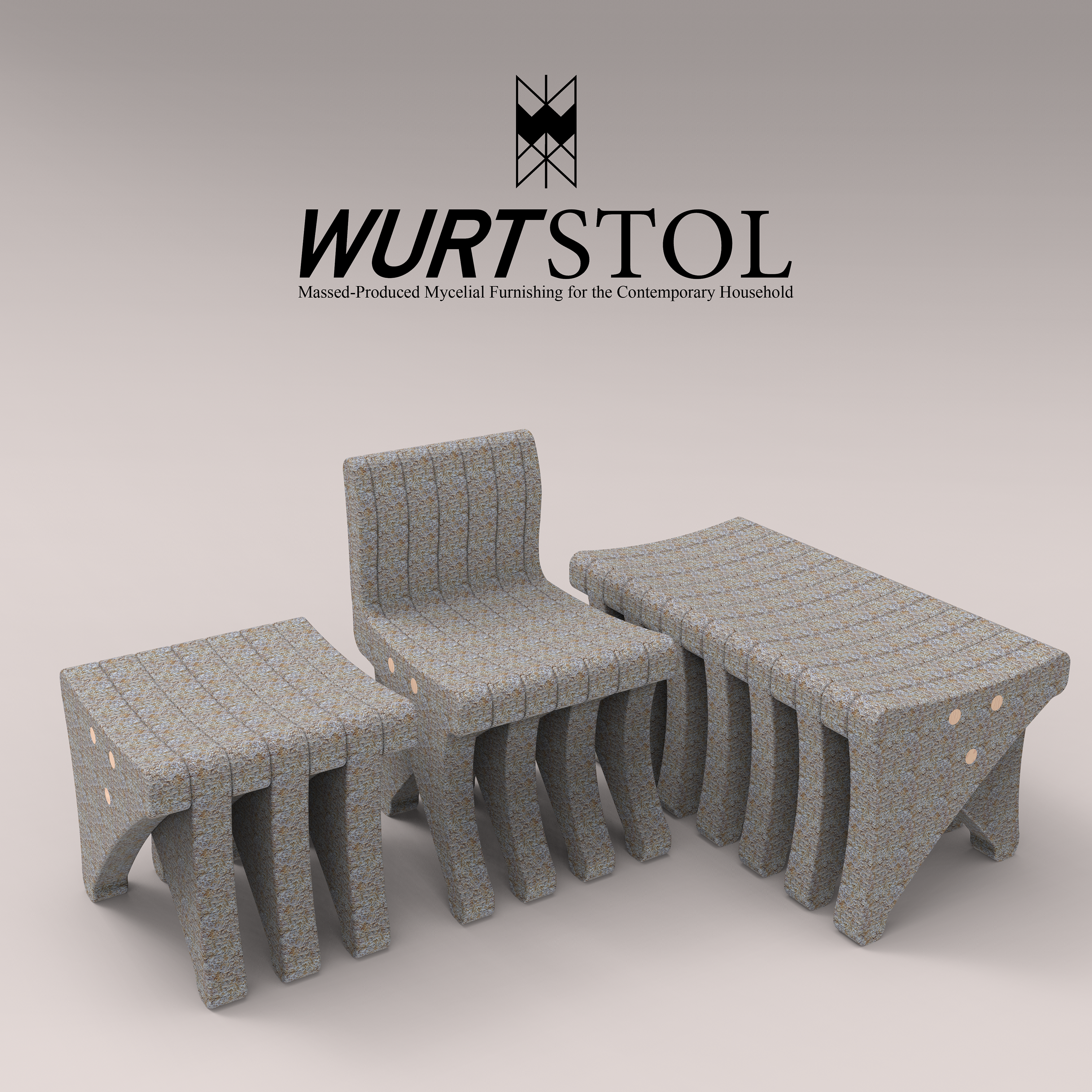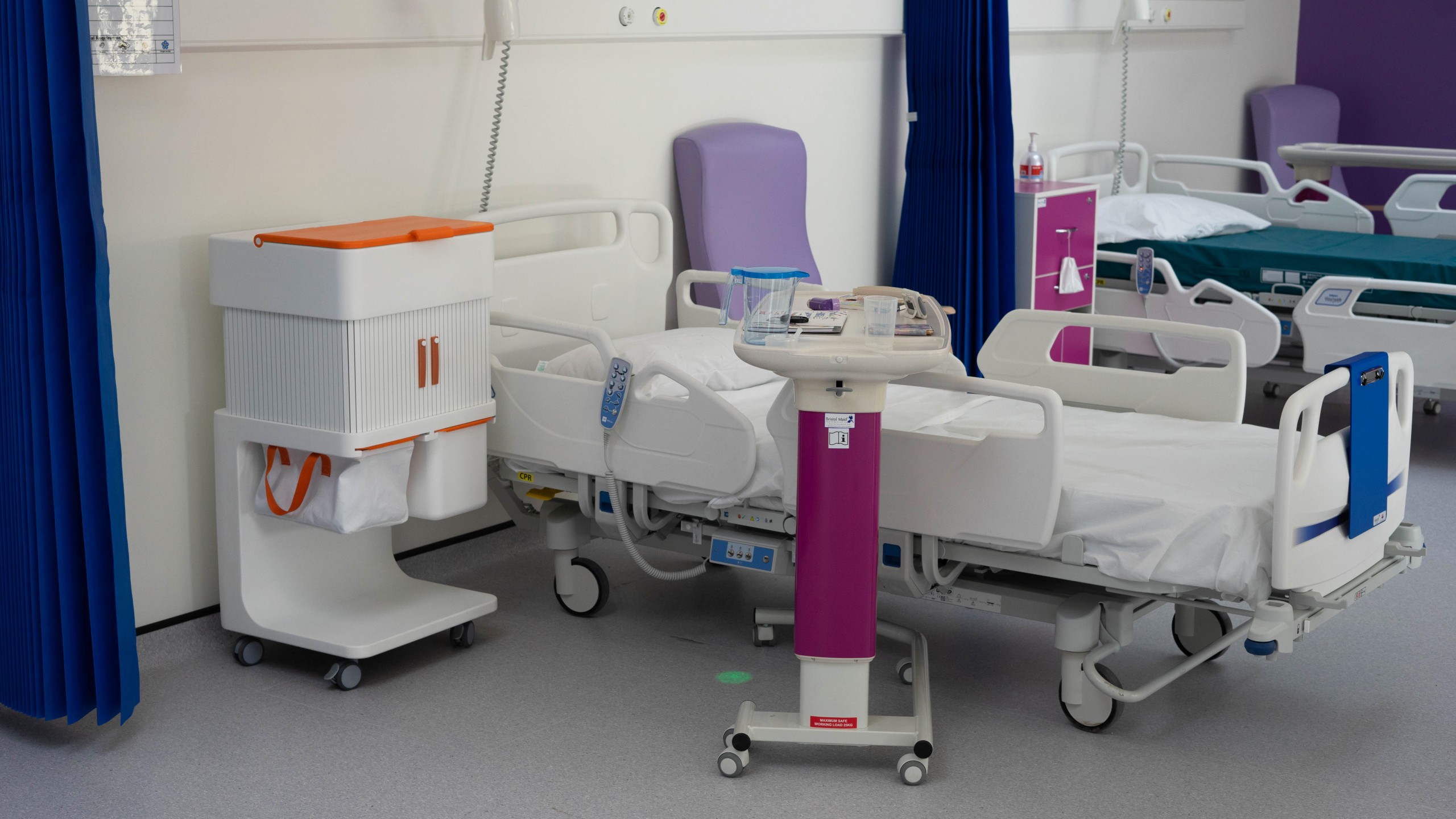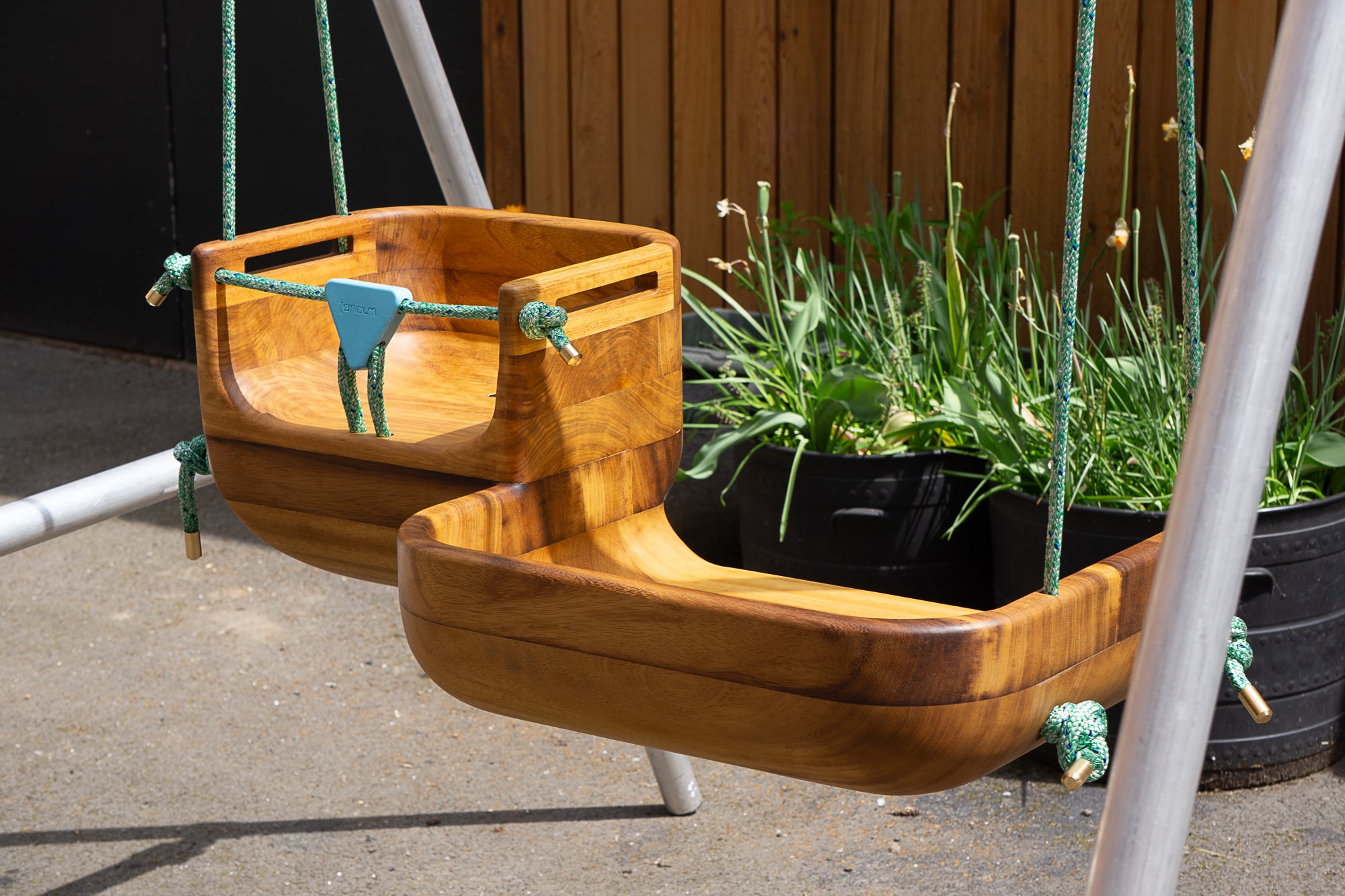
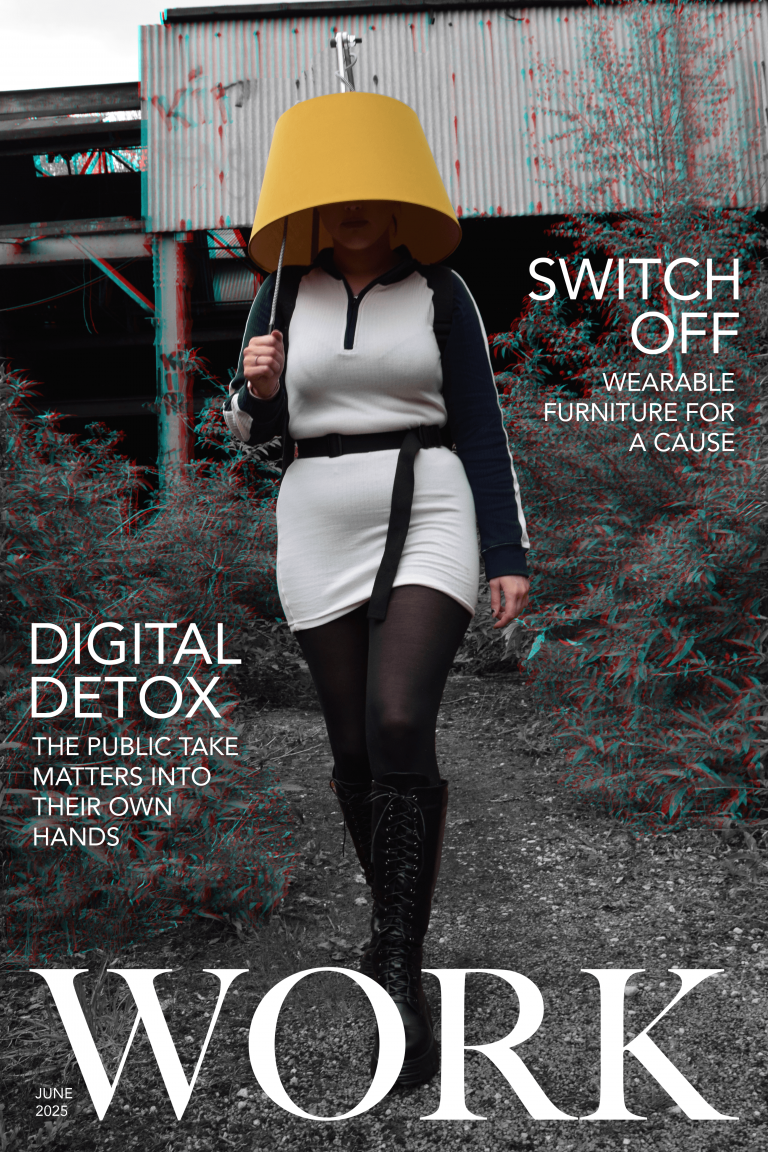
Rory Frost‘s project speculates about the UK in 2025, where employees’ well-being at work is neglected by the majority of business leaders still seen as a tick-box exercise, failing to deliver on its significant potential. The U.K.’s ‘always-on’ culture continues to increase in demand and advancing technology is complicit in its exacerbation. This has resulted in a permanent culture of ‘Presenteeism’, where employees feel they must be online and available as much as possible.
Most of the white-collar workforce works remotely due to rapid digitalisation caused by Covid-19 back in 2020. Organisations wanted to cut costs by not paying for physical workspaces, at the expense of their employees’ ability to collaborate and connect physically with others. These digitalised work disciplines are putting in more hours, experiencing burnout more frequently and face added stressors, like the inability to separate personal and professional commitments and roles. The lack of support from business leaders has led to people taking matters into their own hands to try and boost their resilience and mitigate their stress. Some are even disguising themselves as furniture as a last resort to escape.
The physical outcomes are satirical, but functional forms of protection are created and used by individuals in this future to disconnect from the technological world and momentarily escape the stress their job brings. The objects occupy and disorientate the user, making it impossible to perform other tasks. The lampshade and tablecloth have a Faraday material incorporated into them that blocks 99.99% of radio frequencies, meaning technology has no way of reaching the user and tempting them to overwork. In the present, these humorous objects act as tools that support this project and foreshadow a future that could exist if business leaders continue to fail to recognise the benefits of investing in well-being at work.
